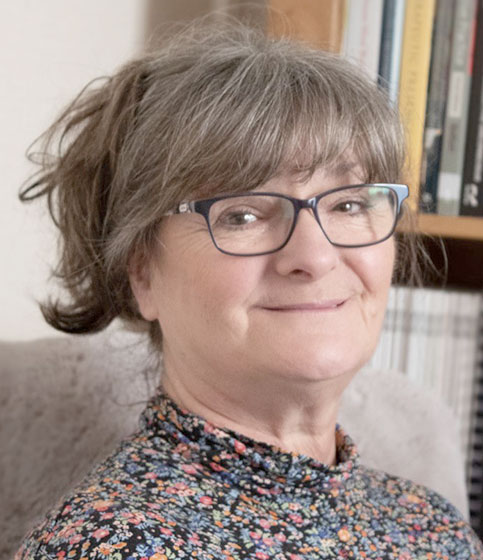Reflective supervision
Teachers and pastoral staff can experience highly stressful situations and painful experiences. Without a safe space to reflect on difficulties can lead to stress-related illness, secondary trauma and burnout.
We offer reflective supervision (group and individual) to support staff in their work, process their experiences and celebrate what’s going well. Allowing staff to explore their work in a safe confidential space helps to challenge their own practices, receive feedback on their skills and identify areas to develop.
By providing regular supervision you can lower staff turnover and sick leave rates while supporting your team’s ongoing and professional growth. We offer different supervision models, to ensure a tailored, supportive environment for your staff’s needs, helping them thrive in their roles.



















